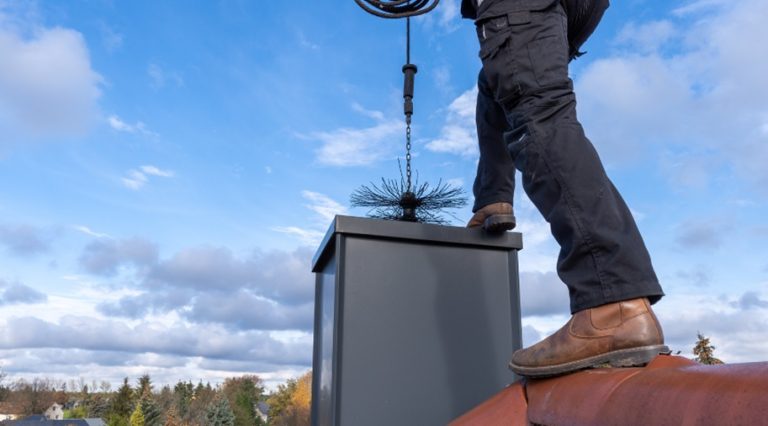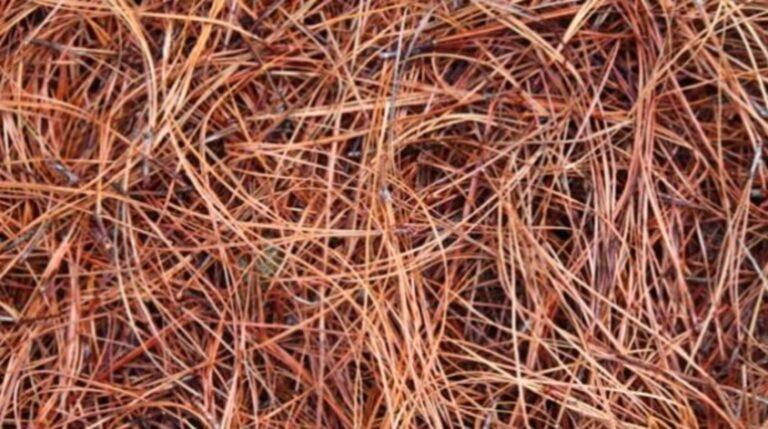The people of New Jersey might have a hard time with the winter season if their roofs aren’t suited for the winter season, especially since the punishment that the winter brings are worse than those of the other seasons. Brick residents will need the best Brick, NJ, roofing to withstand the season.
The most common roofing problems in the winter usually cause leaks, mold and mildew growth, and structural deterioration.
One cause for molds and mildew is condensation, which usually occurs when warm air meets the attic’s cold surface. The mold can give health and respiratory problems for the people living inside, but homeowners can avoid this as long as they make sure that their attics are well-ventilated.
The flashings that were meant to weatherproof roofs can cause leaks during the winter, especially if they weren’t installed properly. To ensure that the homeowners won’t suffer from leaky flashings, they’ll need to have a reliable Brick roofer install them and then check them every six months to ensure that there won’t be any leaks.
The strong winter winds can also pose a problem for many people’s roofing as they loosen the shingles and cause branches to scrape the roof or fall on top of it. Homeowners can avoid such problems when they use the most appropriate roofing for the season and when they trim the nearby tree branches to keep them from damaging the roof.
Ice dams also pose a problem during the winter since they cause leaks by letting the water accumulate and eventually allowing it to seep through the cracks. Ice dams form because of the poor insulation in the attic that let the snow and ice melt and re-freeze.
One last common roofing problem during the winter is the seemingly beautiful icicles that form on the roof due to clogged gutters and downspouts. Icicles can damage the roof with their excessive weight.
New Jersey residents will need the services of a trusted roofer to ensure that their roofs will endure the season. This infographic by All County Exteriors can help you know more about the common roofing problems during the winter.








